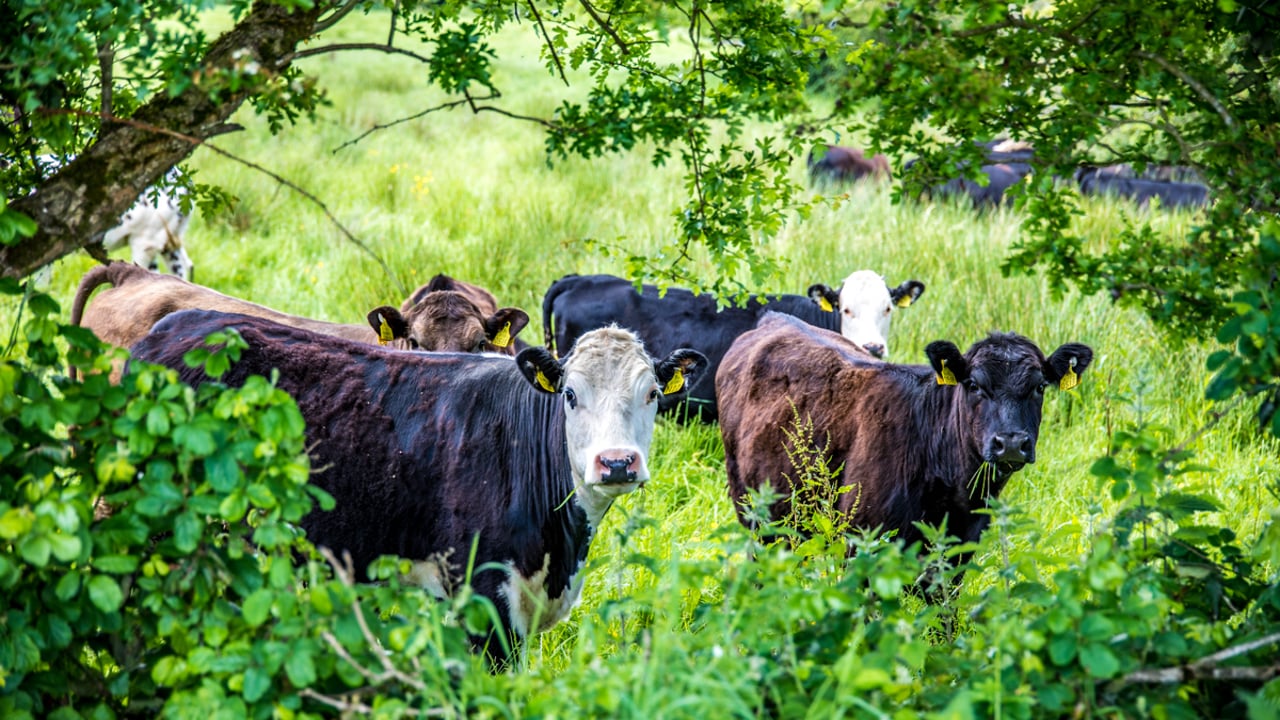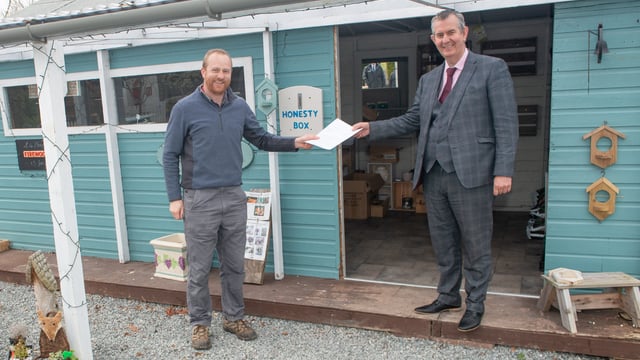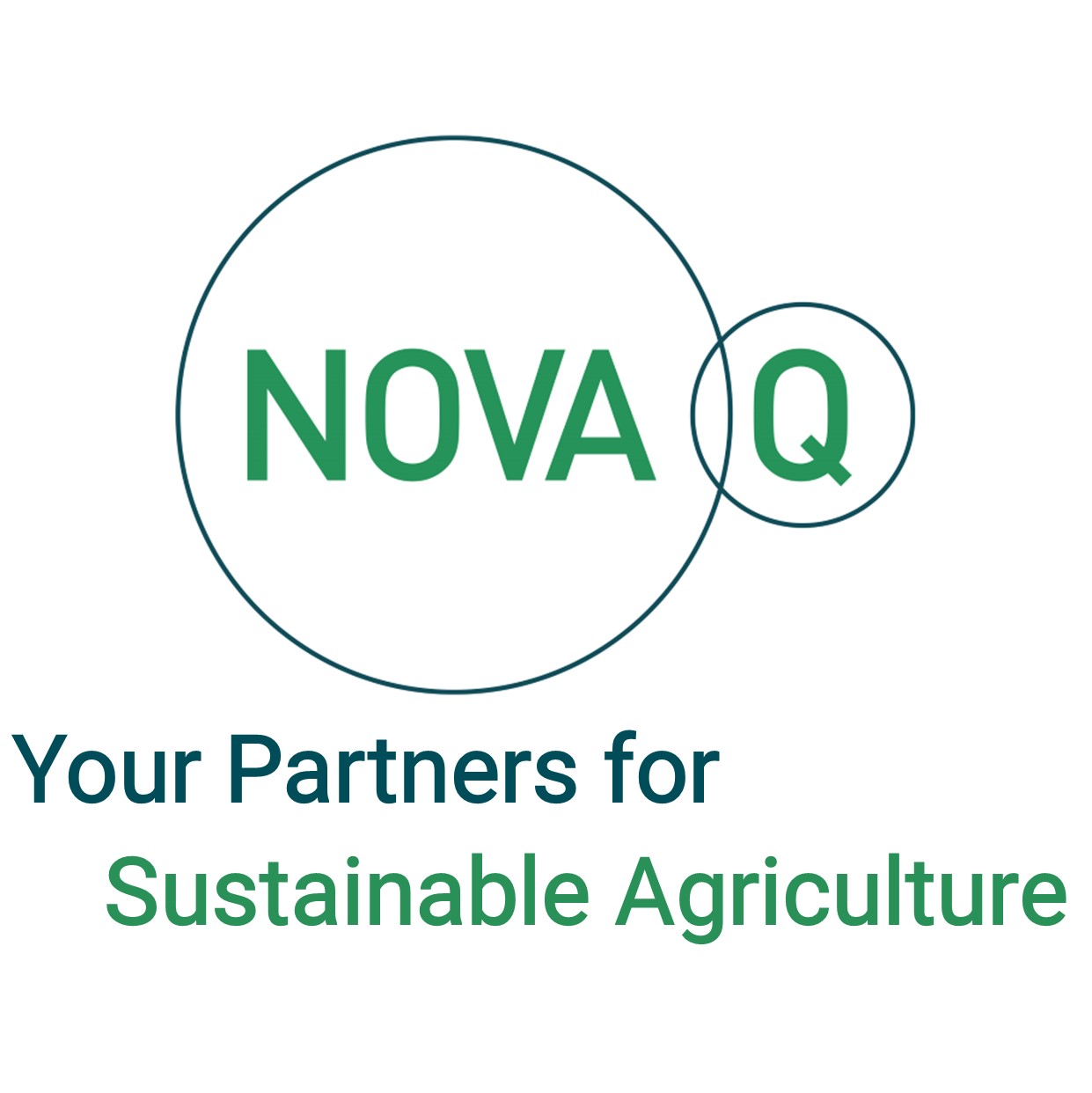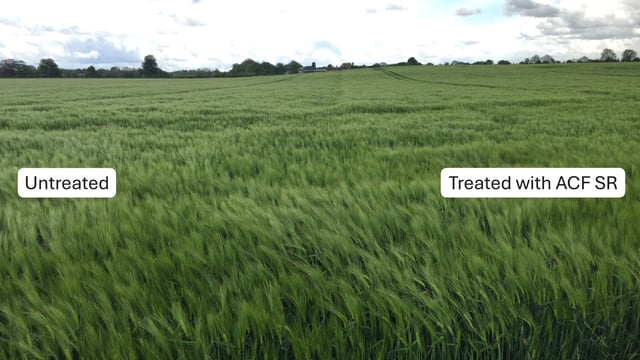10% methane reduction aim set out in Agri-Food Strategy is 'premature'
The target set out in the draft Agri-Food Strategy 2030 for reducing biogenic methane by a minimum of 10% by 2030 has been described as "premature" by environmental groups.
Today (Tuesday, April 27), the Environmental Pillar, Stop Climate Chaos and Sustainable Water Network (SWAN) jointly published their agricultural policy recommendations: ‘Towards a New Agricultural and Food Policy for Ireland'.
Speaking at a press conference today, Sadhbh O'Neill, Stop Climate Chaos policy coordinator, said that the 10% methane cut as outlined in the strategy "is just not going to hack it at all".
She said that it has been estimated by Dr. Paul Deane of the MaREI Centre that this 10% cut "would require 73% emission reductions in all other sectors", which O'Neill notes is "probably not physically possible".
She added that the next steps in implementing a strategy for the agriculture sector should involve government making decisions on how to share the carbon budget between all the different sectors.
"At this point, the decision by the Agri-Food Strategy to just pre-empt that entire discussion by proposing a 10% methane cut - without proposing how to even get there, without even proposing the policies and measures that would be required to implement it - is premature," she said.
"It's quite clear there's a numerical gap there that just can't be reached by wishful thinking - it requires serious review of the cultural model that is prevailing in Ireland."
The report published today notes that total emissions of greenhouse gases and nitrate/ammonia impacts must be reduced.
However, "reliance on the uptake of voluntary efficiency measures", such as outlined in Ag Climatise, "fail to adequately address the underlying drivers of emissions: cattle numbers and nitrogen inputs [fertiliser and animal feed]".
"Climate action policies for the agricultural sector have to date been based on assumptions about farmers’ responses to theoretical cost savings from voluntary mitigation and efficiency measures," the report states.
"However, even if fully implemented, these measures will not address the multiple environmental impacts of the sector, nor can they be scaled up quickly enough to deliver the required emission reductions in a timely fashion.
"Requiring herd reductions from beef farmers will not by itself address the water and biodiversity impacts from the dairy sector, and may even lead to rebound effects as more land becomes available for silage production for dairy cows."
The report also notes a review of agriculture, forestry and land use undertaken in 2019 by the Climate Change Advisory Council, which "assumed in its scenarios that no herd reductions would take place in the dairy sector, thus ignoring the growing ecological burden of intensive dairy farming in many areas of the country".
"Getting cattle numbers down simply by sacrificing the beef sector is not a just transition for Irish agriculture: no farmer should be left behind, and no one part of the country should be turned into a ‘sacrifice zone’ to keep profitable dairy farmers in business."
The report acknowledges also that without "substantial and sustained reductions" in agricultural methane over the next decade, "it will not be possible to meet current national and EU climate targets".
"It is not expected that agricultural emissions will fall as fast as emissions in other sectors of the economy over the next decade. It is expected, however, that there must be substantial year-on-year reductions in absolute emissions from agriculture.
"For the government to allow one economic sector in society — a sector which represents one-third of Ireland’s emissions — to simply continue business-as-usual, and insist that the rest of the economy reduce its emissions by three-quarters to achieve the overall 51% target for 2030, is highly unfair and impractical."
The main calls for government by the 70 organisations that were involved in the report published today include:





